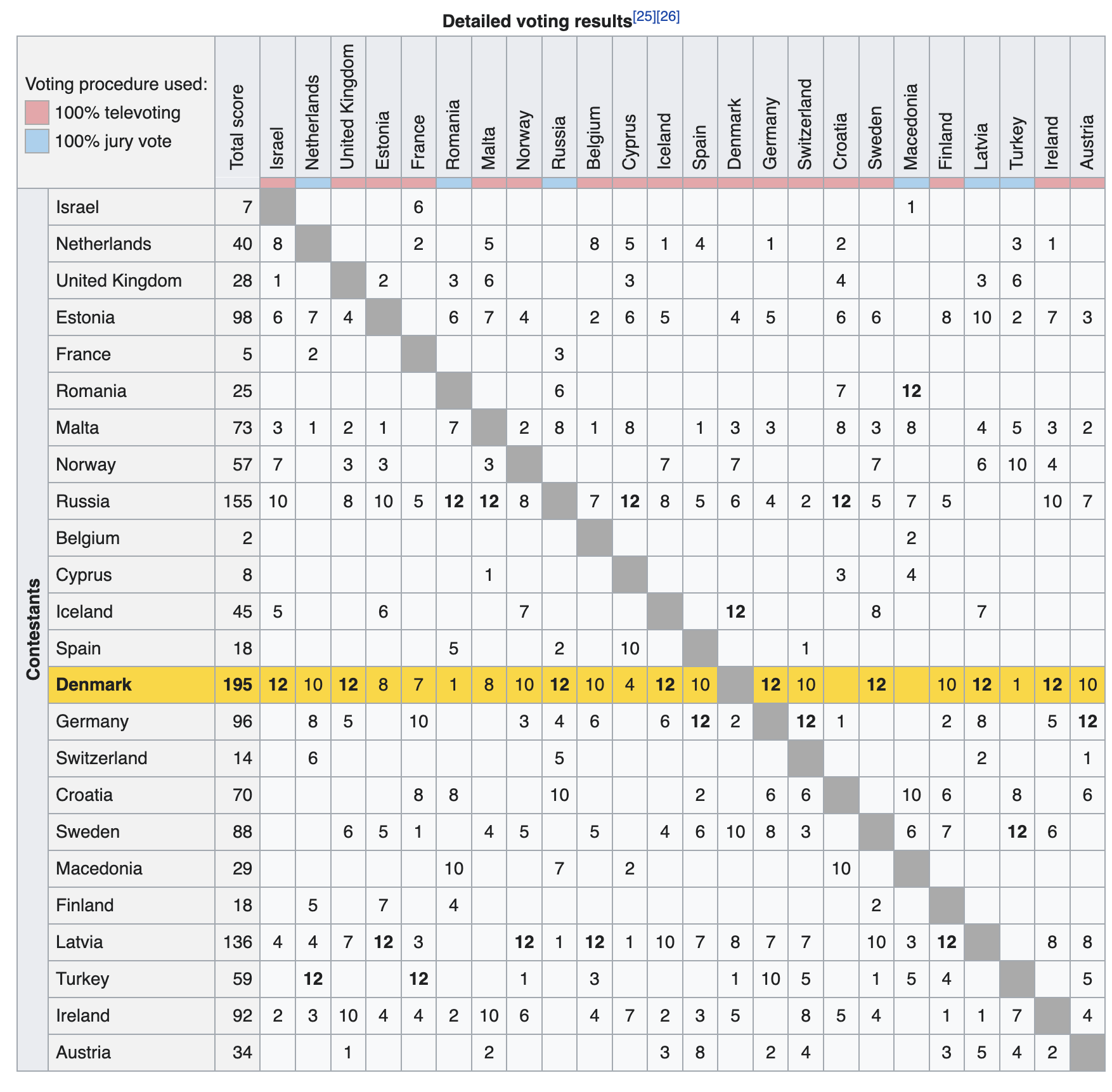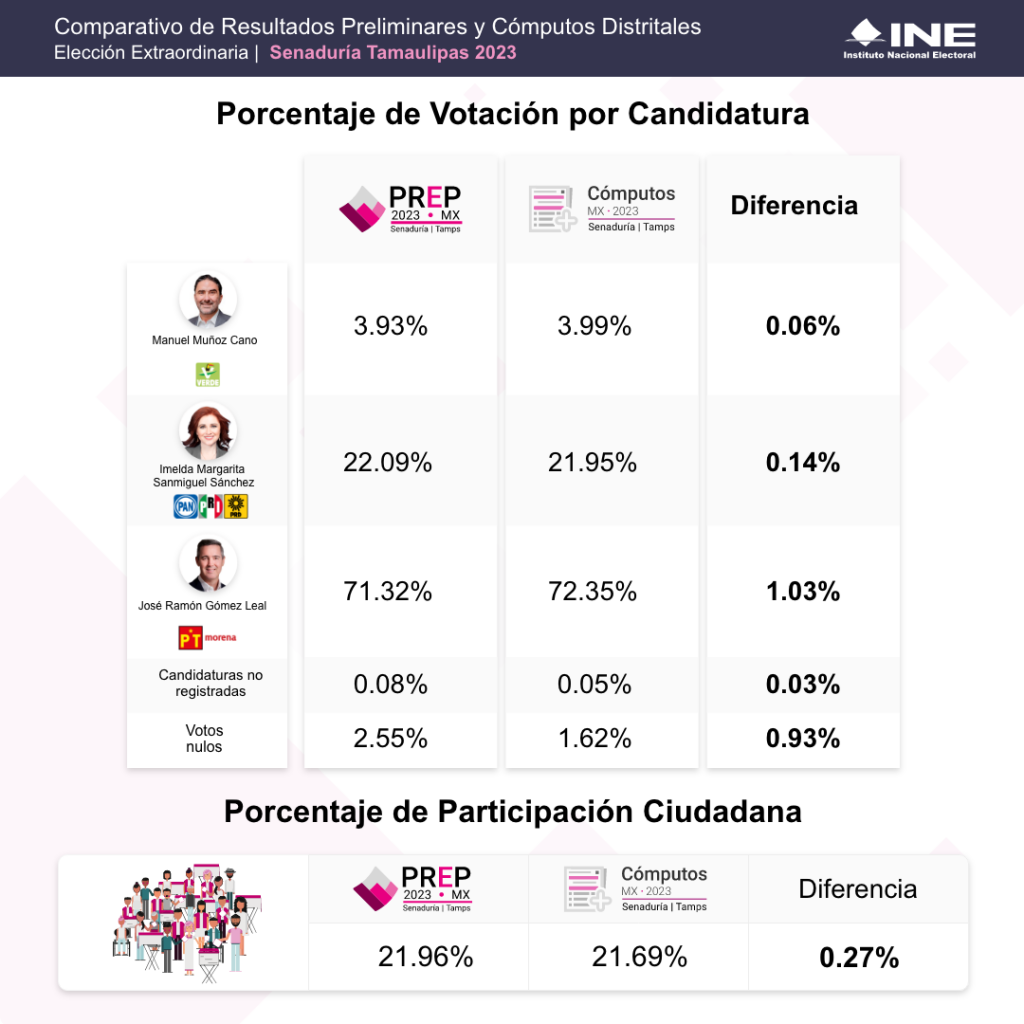Eurovision Voting Explained: From Jury To Televoting

Table of Contents
The Role of National Juries in Eurovision Voting
The Eurovision Song Contest isn't just about popular appeal; it also values artistic merit. This is where the national juries come in, providing a balanced perspective alongside the public vote.
Who are the Juries?
Each participating country assembles a national jury composed of five music professionals. These individuals are carefully selected to ensure a diverse range of expertise and prevent bias. The aim is to represent a cross-section of musical knowledge and experience. The selection process is designed to maintain the integrity and fairness of the jury voting system.
- Professional musicians: Experienced performers with a deep understanding of musicality.
- Composers: Individuals skilled in creating original musical works, bringing a composer's perspective.
- Songwriters: Experts in crafting lyrics and melodies, evaluating the lyrical and melodic quality of entries.
- Music journalists: Professionals with a broad knowledge of the music industry and critical listening skills.
How Juries Vote
The jury voting process is meticulously designed to ensure impartiality and prevent manipulation. Jurors cast their votes via a secret ballot, awarding points from 1 to 12 (with no points awarded to their own country). This anonymous system prevents external influence and ensures each song is judged solely on its merits. These individual scores are then collated and submitted securely to the Eurovision organizers, who verify the results before they are included in the overall ranking.
- Secret ballot: Ensures anonymity and prevents external pressure on jurors.
- Points awarded 1-12: Allows for a clear expression of preference amongst the competing songs.
- No voting for own country: Eliminates national bias from influencing jury decisions.
The Importance of Jury Voting in Maintaining Quality
Jury voting plays a crucial role in balancing the popularity contest aspect of Eurovision with artistic merit. While televoting reflects the immediate public appeal of a song, the jury votes offer a more nuanced assessment, considering musical composition, vocal performance, and overall stage presentation. This prevents the contest from becoming entirely popularity-driven and safeguards its artistic integrity. However, the jury system is not without its criticisms. Some argue that it can introduce an element of elitism, potentially overlooking songs with strong popular appeal but less artistic complexity.
- Counterbalances televoting biases: Prevents a completely popularity-driven contest.
- Protects artistic integrity: Considers musical quality and performance beyond popular appeal.
- Potential for elitism criticism: A potential downside, though measures are taken to mitigate this.
Understanding Televoting in the Eurovision Song Contest
Televoting represents the voice of the Eurovision audience, reflecting the popularity of each act across Europe and beyond. Millions of viewers participate, making it a significant component of the overall result.
How Televoting Works
Viewers can cast their votes via various methods, including phone calls, SMS text messages, and dedicated Eurovision apps. These votes are meticulously verified to prevent fraud and manipulation. Strict security protocols are in place to ensure the integrity of the voting process and to prevent any form of cheating. Advanced systems track the volume of votes, ensuring accuracy and legitimacy.
- Phone calls: A traditional method of casting a vote.
- SMS text messages: A convenient way for viewers to vote.
- Online apps: Offer a user-friendly and efficient voting platform.
- Strict verification procedures: Ensures the accuracy and integrity of the televoting results.
The Power of the Public Vote
Televoting plays a powerful role in determining the final result, reflecting the widespread appeal of each song. A song's popularity can be influenced by various factors including national pride, cultural relevance, and catchy melodies. However, televoting can be impacted by inherent biases, such as national preference or language barriers. Nevertheless, it remains a vital aspect of the Eurovision experience, giving a voice to the millions of viewers who tune in every year.
- Reflects audience preference: Provides a direct measure of public popularity for each entry.
- Can be impacted by national bias: Votes may be influenced by a viewer's nationality.
- Significant influence on final results: Contributes heavily to the overall score and final rankings.
Combining Jury and Televote Scores
To arrive at a final score, the points awarded by the national juries and televoters are usually combined using a weighting system. Traditionally, a 50/50 split is employed, ensuring a balanced representation of both expert opinion and public preference. The specifics of the weighting system may vary slightly from year to year, but the goal remains to present a fair and accurate reflection of the overall sentiment. Transparency in the scoring process is vital, with detailed breakdowns of jury and televote scores often published after the contest.
- 50/50 split (or variations thereof): A common method for combining jury and televoting scores.
- Ensures fair representation: Balances expert opinion with public preference.
- Detailed results often published: Adds to the transparency and accountability of the voting system.
Addressing Common Questions about Eurovision Voting
- Can a country vote for their own entry? No, countries cannot vote for their own entry. This prevents national bias from unduly influencing the results.
- What happens if there is a tie? In the event of a tie, specific tie-break procedures are in place, typically involving a detailed examination of the jury and televoting scores, potentially leading to a further review.
- How is fraud prevented? Robust security measures are implemented to prevent fraud, including sophisticated verification systems for both jury and televoting results. Independent auditors often review the results as well.
- Are there any rules about who can vote? Eligibility criteria vary slightly from year to year and between broadcasting organizations but are generally aimed at ensuring fair and accurate results.
Conclusion
From the discerning ears of national juries to the enthusiastic votes of millions of viewers, the Eurovision voting system is a fascinating blend of expert opinion and popular appeal. Understanding how jury voting and televoting interact to determine the winner is essential to fully appreciating the complexity and excitement of the Eurovision Song Contest. Now that you've deciphered the intricacies of Eurovision voting, delve deeper into the competition and become a true Eurovision expert! Learn more about the Eurovision voting system and prepare for next year's contest!

Featured Posts
-
 Gencay Votre Guide Complet Pour Le Forum Du Logement
May 19, 2025
Gencay Votre Guide Complet Pour Le Forum Du Logement
May 19, 2025 -
 Sea World Orlando Explore The Arctic With Expedition Odyssey
May 19, 2025
Sea World Orlando Explore The Arctic With Expedition Odyssey
May 19, 2025 -
 Elecciones Primarias 2025 Controversia Por 18 Recursos De Nulidad
May 19, 2025
Elecciones Primarias 2025 Controversia Por 18 Recursos De Nulidad
May 19, 2025 -
 Jennifer Lawrence And Cooke Maroney A Look At Their Public Life After Baby News
May 19, 2025
Jennifer Lawrence And Cooke Maroney A Look At Their Public Life After Baby News
May 19, 2025 -
 Cepd Approves Job Candidate Sanibel Captiva Island News
May 19, 2025
Cepd Approves Job Candidate Sanibel Captiva Island News
May 19, 2025
